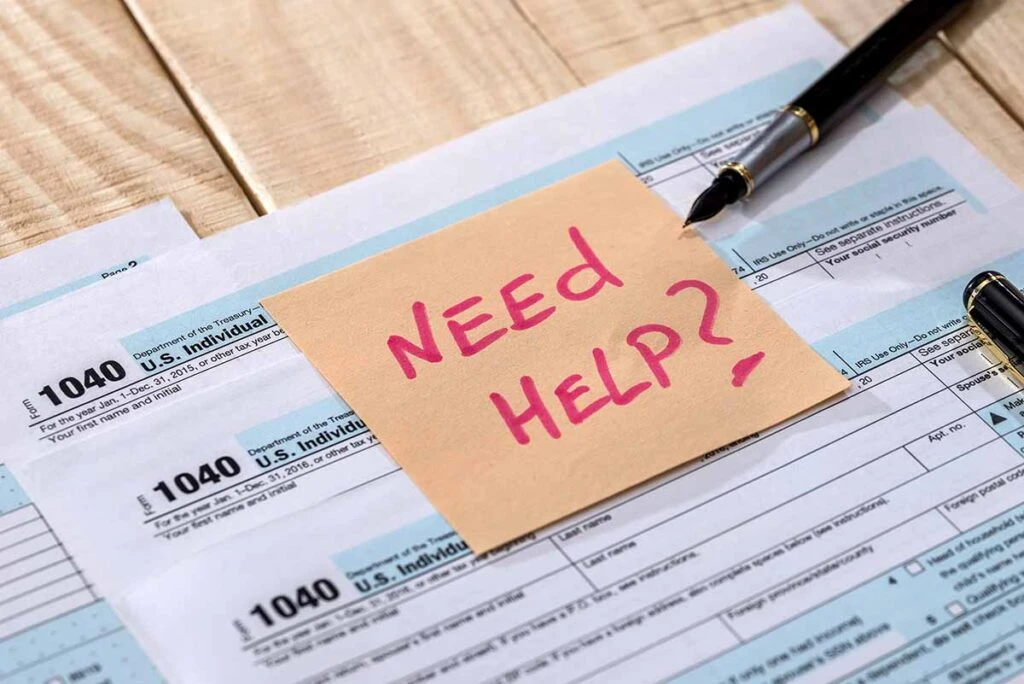
The most common, Fresh Start Tax Relief Programs are Installment Agreement Payment Plans, Currently Non-Collectible and Offer In Compromise. For taxpayers with unpaid back taxes it is of extreme importance that they work with a qualified partner or have the knowledge themselves to understand the benefits and adverse implications associated with each option available to them.
For starters, the taxpayer must understand when their collection statute expiration date is (CSED). The CSED is the amount of time the IRS has to legally collect a tax balance. The CSED in almost all cases is 10 years from the date the IRS assessed the tax. Generally, assessment occurs the date the return is filed with the IRS.
Let’s look at an example of why it’s so important to understand back taxes and explore all the options you have.
Example:
- Taxpayer owes $45,000 in back taxes to the IRS.
- Taxpayer owns a construction business and has been in business for 10 years.
- As a result of covid-19 the Taxpayer’s construction business sustains substantial losses and faces unpaid back taxes to the IRS from 2020.
- The statute of limitations (CSED) remaining is 10 years meaning the IRS can collect until 2030.
- Taxpayer has few assets and income barely meets expenses.
- Taxpayer qualified for Currently Non-Collectible and an Installment Agreement.
- Taxpayer has good reason to believe the future prospects for their business are good.
On the surface, it may appear that the taxpayer would be best served going into a Currently Non-Collectible status thereby having no obligation to pay off any of the tax liability until their business gets profitable again.
Nonetheless, taxpayer was advised to enter into an Installment Agreement which they were comfortable they could afford. The Installment Agreement called for taxpayer to pay the IRS via direct debit deposit.
Following were the direct benefits to the taxpayer in entering into an installment agreement as opposed to Currently Non-Collectible:
- As a result of entering into an Installment Agreement with direct debit deposits there was no lien filed against taxpayer. For any Installment Agreement entered into below $50,000 via direct debit deposit there is no lien filed by the IRS if no tax lien has been filed prior to the time of entering the IA.
- Avoiding a lien was critical to taxpayer because any lien would have had an extremely adverse impact on their construction business and their ability to continue conducting business.
- Taxpayers CSED date had 10 years remaining on it. Utilizing the Currently Non-Collectible process would have meant taxpayer would be subject to having a lien being filed adversely affecting his credit rating. Further, once taxpayer’s business begins to thrive again as they expect, the IRS would remove taxpayer from Currently Non-Collectible status thus leaving taxpayer facing a potentially higher monthly installment payment.
Need help? If you are overwhelmed with your personal or business back tax issue, call the qualified team at The W Tax Group for a free consultation where you can get the answers you need. We provide a range of tax resolution services to help people with all kinds of federal and state tax issues. Call 877-500-4930 for your free consultation. You can even request the free consultation with one of our tax attorney’s on staff.
